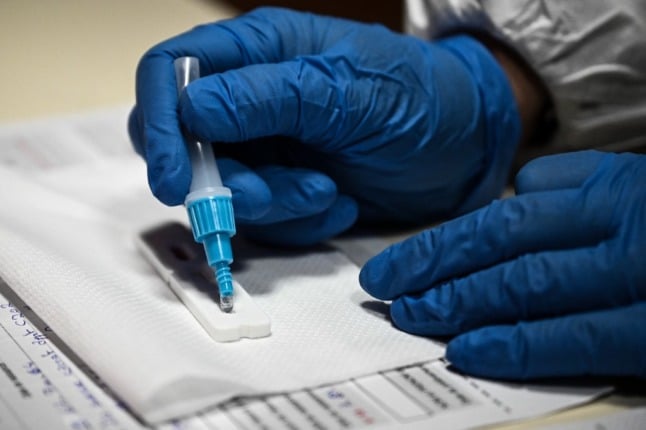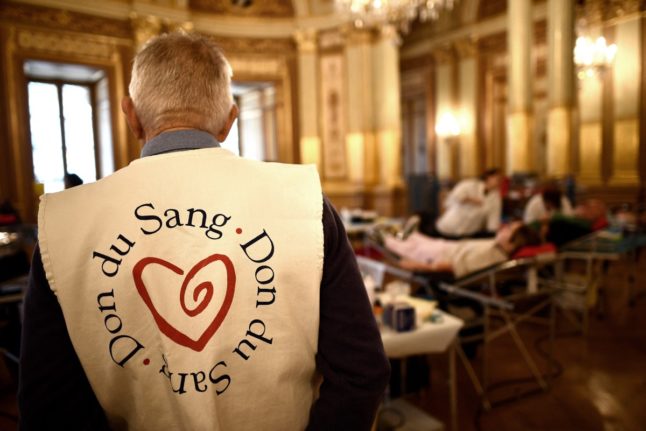The French Prime Minister, Jean Castex, laid out a timeline for the easing of Covid rules on Thursday evening.
The earliest changes come on February 2nd, when face masks will no longer be required outdoors, venue capacity limits will be scrapped and working from home three days per week will no longer be compulsory.
READ MORE Calendar: When is France lifting Covid restrictions?
On the same day that Castex made his announcements, France’s Scientific Council on Covid-19, an independent body that advises the government warned that the fifth wave has the potential to cause problems in the national health system until mid-March at the earliest.
“The health system will remain under very high pressure for many weeks, in particular in the south of France,” wrote the Council in a report updated on Thursday.
It warned of the potential ill-effects of delayed surgeries and other treatments because of beds occupied by Covid patients.
The continued functioning of the health system in France is dependent, according the the Council, on “the reduction of social contact and the continued practice of barrier gestures in the coming weeks.”
READ MORE ANALYSIS: How dangerous are France’s sky-high Covid rates?
The Council estimates that between 9-14 million people in France have been infected with Omicron. It said that continued high infection rates could be linked to the reopening of schools after the Christmas holidays and urged for the current testing regime to be maintained.
On Thursday the government expanded the number of professionals authorised to carry out Covid tests to include: speech therapists, chiropodists, orthoptists, medical physicists, occupational therapists, audioprosthesists, veterinarians and a host of others.
Covid case numbers in France remain exceptionally high, with more than 400,000 new daily cases recorded in the three days leading up to the government’s announcements on Thursday evening. On Monday alone some 525,000 positive cases were reported.
On Friday morning 18,786 classes in schools remained closed due to Covid-19 – a new record representing some 3.56 percent of all classes in France
The conversion of the health pass into a vaccine pass on January 24th will mean that negative Covid tests will no longer be sufficient for people who want to access venues currently subject to the health pass.
READ ALSO What changes when France’s health pass becomes a vaccine pass?
The government hopes the move will drive up vaccination rates further and add some level of protection against falling seriously ill with Covid.



 Please whitelist us to continue reading.
Please whitelist us to continue reading.
Member comments